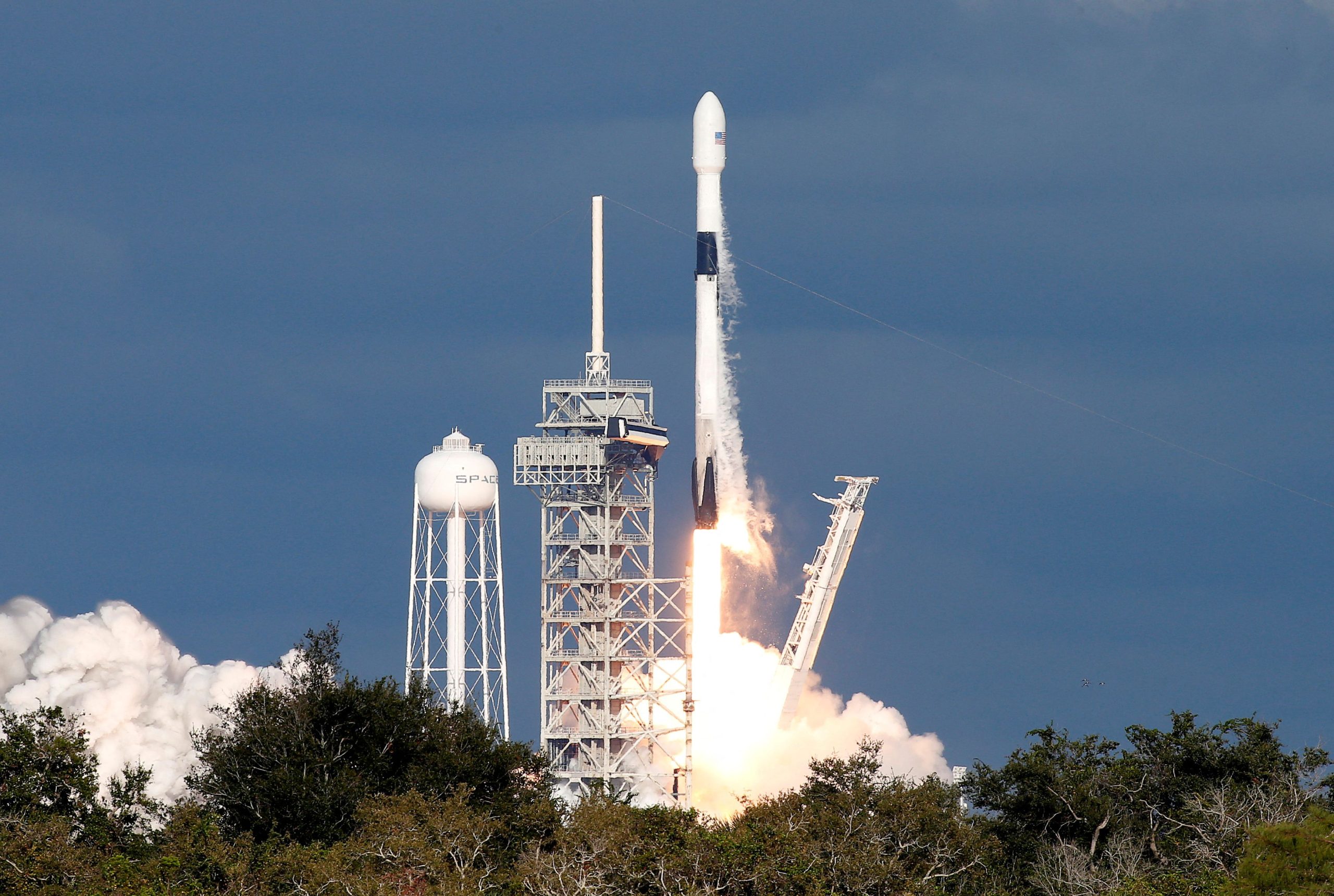
Savannah Hulsey Pointer, FISM News
[elfsight_social_share_buttons id=”1″]
The Department of Defense warned of competition for the control of space, naming China and Russia as the primary threats and Iran and North Korea as making lesser movements toward extra-terrestrial superiority.
According to the Voice of America News, intelligence agencies have warned about “dramatic” increases in space-related operations by both China and Russia since 2019. Further information about the two massive nations indicates they have increased their in-orbit assets by around 70% in the last three years.
“Russia and China, our primary strategic competitors, are taking steps to undercut the United States and our allies in the space domain,” DIA Defense Intelligence Officer for Space and Counterspace John Huth told reporters at the Pentagon on Tuesday during the release of the agency’s unclassified “Challenges in Security in Space Report — 2022.”
This is the second report, with the first being released in 2019 under the Trump administration. The new report “provides an updated, unclassified overview of the threats to U.S. space capabilities, particularly from China and Russia, as those threats continue to expand.”
“Space is being increasingly militarized,” the latest report says, as “China’s and Russia’s counterspace developments continue to mature … and orbital congestion has increased.”
These changes come on the heels of the relatively new implementation of the American Space Force which has caused increased military attention to be turned toward space and its potential as a national resource.
The release notes that the space-based capabilities are necessary “for many day-to-day aspects of the American way of life,” and that “competitor nations have capabilities to deny others the use of space assets.”
According to the report, China and Russia view space as a “requirement for winning modern wars,” according to Huth who said that both nations appear to be attempting to develop a way of exploiting the perceived U.S. reliance on space-based systems.
Huth was questioned by VOA about whether China or Russia was the more dominant competitor and he said he would not “take his eye off either one.”
China called the space industry “a critical element of the overall national strategy, and China upholds the principle of exploration and utilization of outer space for peaceful purposes,” in a white paper published by Beijing’s State Council Information Office in January. The report went on to say that China’s space program is “to explore outer space to expand humanity’s understanding of the earth and the cosmos; to facilitate global consensus on our shared responsibility in utilizing outer space for peaceful purposes and safeguarding its security for the benefit of all humanity.”
DIA Senior Defense Intelligence Analyst for Space and Counterspace Kevin Ryder also added that there are great economic advantages of increased space capabilities.
“Russia is more streamlined due to other modern military modernization efforts for the country,” Ryder commented.
Russia has also reportedly discussed partnering with China, the EU, and the U.S. to achieve its lunar goals, and with Russia for potentially exploring Mars, which Ryder considers to be a national security concern.
Both nations seek to broaden their space exploration initiatives together and individually, with plans to explore the moon and Mars during the next 30 years. And if successful, these efforts will likely lead to attempts by Beijing and Moscow to exploit the moon’s natural resources.
Russian President Vladimir Putin announced on Tuesday that Russia will launch a lunar probe later this year and deepen cooperation with Belarus on space infrastructure and technology according to Reuters.
